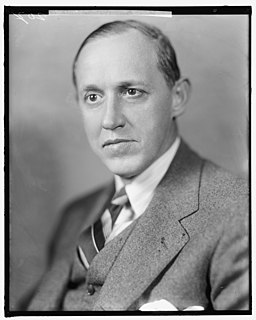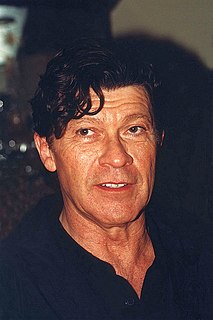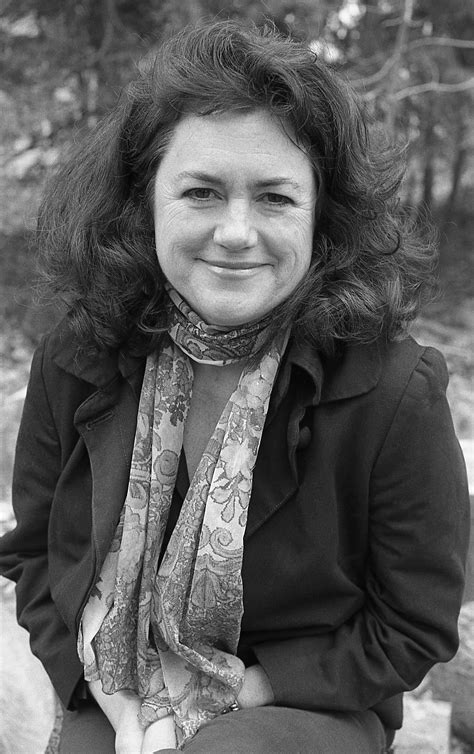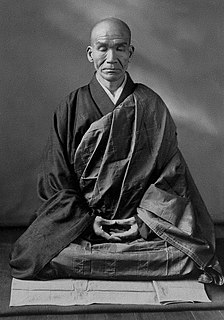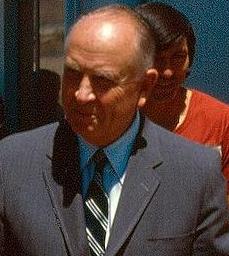A Quote by Seneca the Younger
Some there are that torment themselves afresh with the memory of what is past; others, again, afflict themselves with the apprehension of evils to come; and very ridiculously both - for the one does not now concern us, and the other not yet ... One should count each day as a separate life.
Related Quotes
Life is not a competition with others. In its truest sense it is a rivalry with ourselves. We should each day seek to break the record of our yesterday. We should seek each day to live stronger, better, truer lives; each day to master some weakness of yesterday; each day to repair past follies; each day to surpass...ourselves. And this is but progress.
A community is the mental and spiritual condition of knowing that the place is shared, and that the people who share the place define and limit the possibilities of each other's lives. It is the knowledge that people have of each other, their concern for each other, their trust in each other, the freedom with which they come and go among themselves.
Communities now find themselves in possession of improvements [resulting from the WPA] which even in 1929 they would have thought themselves presumptuous to dream of... [but] everywhere there had been an overhauling of the word presumptuous. We are beginning to wonder if it is not presumptuous to take for granted that some people should have much, and some should have nothing; that some people are less important than others and should die earlier; that the children of the comfortable should be taller and fatter, as a matter of right, than the other children of the poor.
I have learned that some people who look fine are more crippled than I am, by fears they can’t explain. Other people are held back by shyness, or anger. In making friends, I see the way some people handicap themselves. I believe there are choices each of us make every single day. We can dwell on our limitations or we can push ourselves past them.
There should be perfect freedom, legal and social, to do the action and stand the consequences. It would be a great misunderstanding of this doctrine to suppose that it is one of selfish indifference, which pretends that human beings have no business with each other's conduct in life, and that they should not concern themselves about the well-doing or well-being of one another, unless their own interest is involved.



